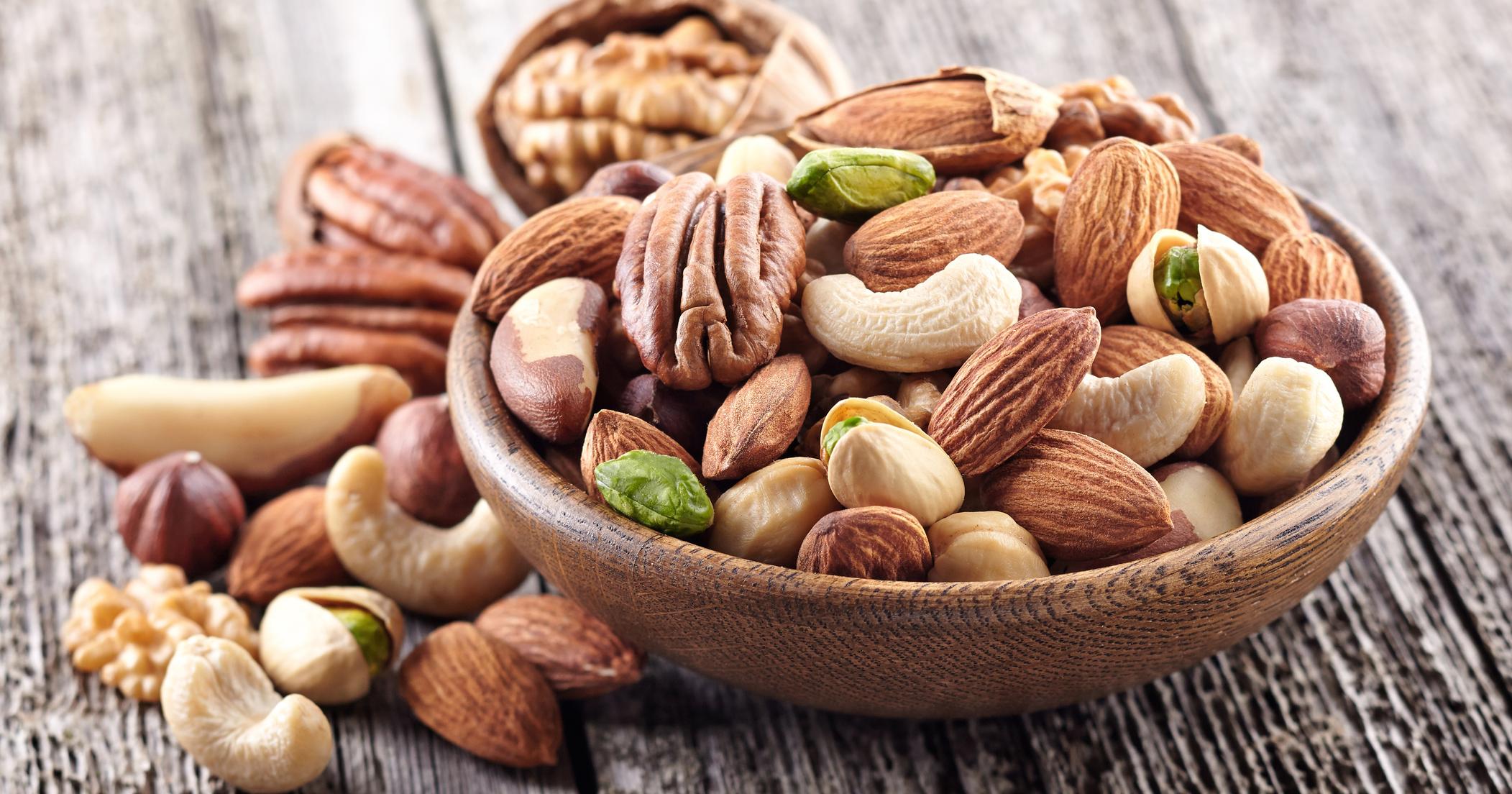Food Sources Of Magnesium And Their Health Benefits
Dark Chocolate

Dark chocolate is often thought of as a 'cheat food,' however, there are health benefits to eating a small amount of dark chocolate. Dark chocolate is a great source of magnesium, which we know the body needs for several functions. It's important to note dark chocolate is also high in fat and sugar, and should only be consumed in small amounts.
There are 176 milligrams of magnesium in one hundred grams of chocolate, which is about fifty percent of the daily recommendation. Adult men need about four hundred milligrams a day; men older than thirty-one need 420 milligrams of magnesium daily. Women need 310 milligrams of magnesium, and when they reach thirty-one years old, they need 320 milligrams a day.
Aside from the benefits magnesium provides, dark chocolate can also reduce the risk of heart disease, manage cholesterol, and lower blood pressure, among other benefits.
Get to know more about the sources of magnesium and their health benefits now.
Nuts And Seeds

Eating just two tablespoons of dried pumpkin seeds will provide individuals with twenty-five percent of the recommended daily allowance of magnesium. There are also a variety of nuts that are magnesium-rich, including cashews, Brazil nuts, sunflower seeds, almonds, pecans, pine nuts, and flaxseed. Individuals can get all the benefits of these nuts and seeds by creating trail mix and combining the nuts with other nutritious ingredients like dried fruit. This snack is high in protein but is also calorie-rich, so just a handful of nuts goes a long way to satisfy hunger. Some nuts, such as almonds, also make a perfect addition to the ketogenic diet, which has many benefits of its own.
Keep reading for more on the sources of magnesium now.
